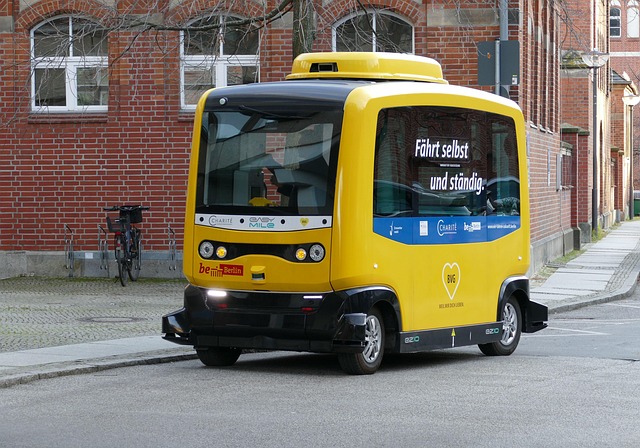The Rise of Autonomous Intelligent Systems: How Robotics and AI are Transforming Business Operations
In the era of rapid technological evolution, businesses are constantly seeking innovative solutions to stay competitive and efficient. Enter autonomous intelligent systems — a fascinating fusion of robotics and artificial intelligence (AI) that’s setting new paradigms in the way operations are conducted across industries. As we delve into this captivating realm, we uncover how these technologies are reshaping business landscapes, providing adaptive strategies for contemporary challenges.
Robotics: The New Workforce Frontier
Robotics has stepped beyond the bounds of science fiction to become a tangible asset in today’s business operations. These automated systems are no longer confined to repetitive, isolated tasks. Instead, they are evolving into sophisticated partners capable of executing complex processes with precision. Businesses in manufacturing, logistics, and even service sectors are integrating robotics to handle tasks ranging from assembly lines to inventory management and customer interactions.
The transition towards robotics in business is not merely about replacing human labor but enhancing it. By allocating mundane and physically demanding tasks to robots, human workers are enabled to focus on strategic decision-making, creativity, and innovation. This harmonious collaboration between human and machine is creating a future of work that is more efficient, safe, and productive.
Artificial Intelligence: The Brain Behind the Operation
If robotics is the muscle, then AI is undoubtedly the brain. AI algorithms are increasingly being woven into the fabric of business operations to provide insights, drive decisions, and predict trends with unprecedented accuracy. Autonomous intelligent systems harness AI to analyze vast datasets, learning and adapting in real-time to optimize processes and outcomes.
In industries such as finance, healthcare, and retail, AI is spearheading a transformative change. Predictive analytics, through AI, is allowing businesses to anticipate market shifts, understand consumer behavior, and tailor their offerings accordingly. Moreover, AI’s role in enhancing customer service through chatbots and virtual assistants demonstrates its potential to revolutionize how businesses engage with their clientele.
Business Automatisation: A Leap Towards Efficiency
The drive towards business automatisation encapsulates more than just isolated technological advancements; it requires a comprehensive integration of autonomous intelligent systems throughout an organization. This shift towards automatisation can redefine business models, streamline operations, and improve efficiency manifold.
Consider the supply chain, where autonomous systems can track inventory, predict supply needs, and reorder stock without human intervention. In the realm of customer service, automatised systems can manage queries and complaints efficiently, providing instant responses and resolutions. The potential for reducing operational costs while enhancing customer satisfaction is monumental.
Implementing autonomous intelligent systems is not without its challenges, including ethical considerations, employment dynamics, and the need for a skilled workforce capable of managing these technologies. However, the prospects they present demand an adaptive mindset — a willingness to embrace change and innovation as businesses pivot towards the future.
As we navigate the rise of these autonomous systems, it’s crucial for businesses to stay informed, agile, and prepared to integrate these technologies into their operations for continued success and growth. The journey towards a fully automatised business landscape is underway, and the possibilities are both exciting and limitless.



